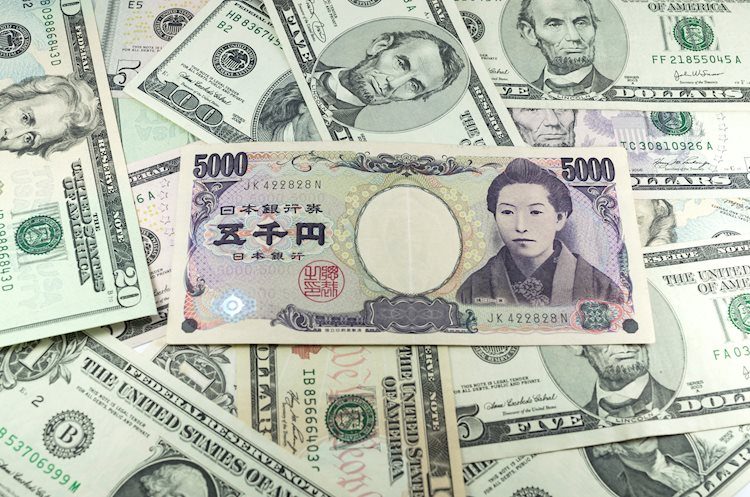The USD/JPY pair fell to around 156.00 during the American trading session amid expectations that the Bank of Japan (BoJ) will further tighten its monetary policy in its upcoming meeting. Economists predict a 10 basis point increase in interest rates by the BoJ due to inflation persisting above the bank’s 2% target. In June, the National Consumer Price Index (CPI) rose by 2.8%, with the core CPI excluding food and energy items increasing to 2.2%. While the National CPI, excluding Fresh Food, slowed to 2.6%, it remained higher than previous figures.
Concerns about rising inflation due to a weak Japanese Yen have prompted the BoJ to consider interest rate hikes. The depreciation of the Yen has boosted exports, making them more competitive globally. On the other hand, the US Dollar (USD) has gained appeal as a safe haven in times of risk aversion. The US Dollar Index (DXY), which measures the Greenback against major currencies, rose to nearly 104.50. Investors are closely watching US economic data, particularly the Q2 GDP and the PCE Price Index for cues on potential interest rate adjustments by the Federal Reserve.
The Japanese Yen’s value is influenced by various factors, including the performance of the Japanese economy, the Bank of Japan’s policies, bond yield differentials between Japan and the US, and trader sentiment. The BoJ plays a significant role in currency control, occasionally intervening in the markets to lower the Yen’s value. The current ultra-loose monetary policy of the BoJ has led to the Yen depreciating against other major currencies. A divergence in policies between the BoJ and other central banks, particularly the Fed, has widened the gap between US and Japanese bond yields, favoring the US Dollar over the Japanese Yen.
The Japanese Yen is often considered a safe-haven investment during market turmoil, as investors tend to shift towards the currency for its perceived stability. The Yen’s value tends to strengthen in times of economic uncertainty, as investors seek safe assets. Overall, the performance of the Japanese Yen is influenced by a combination of domestic economic conditions, central bank policies, global market sentiment, and geopolitical factors.
In conclusion, the USD/JPY pair weakened as the Japanese Yen saw increased strength on expectations of further monetary policy tightening by the BoJ. Rising inflation due to a weak Yen has prompted the BoJ to consider interest rate hikes. Meanwhile, the US Dollar has gained traction as a safe haven currency amid growing risk aversion. With investors closely monitoring US economic data for clues on future interest rate adjustments, the currency exchange market remains dynamic and responsive to a range of domestic and global factors influencing exchange rates.











